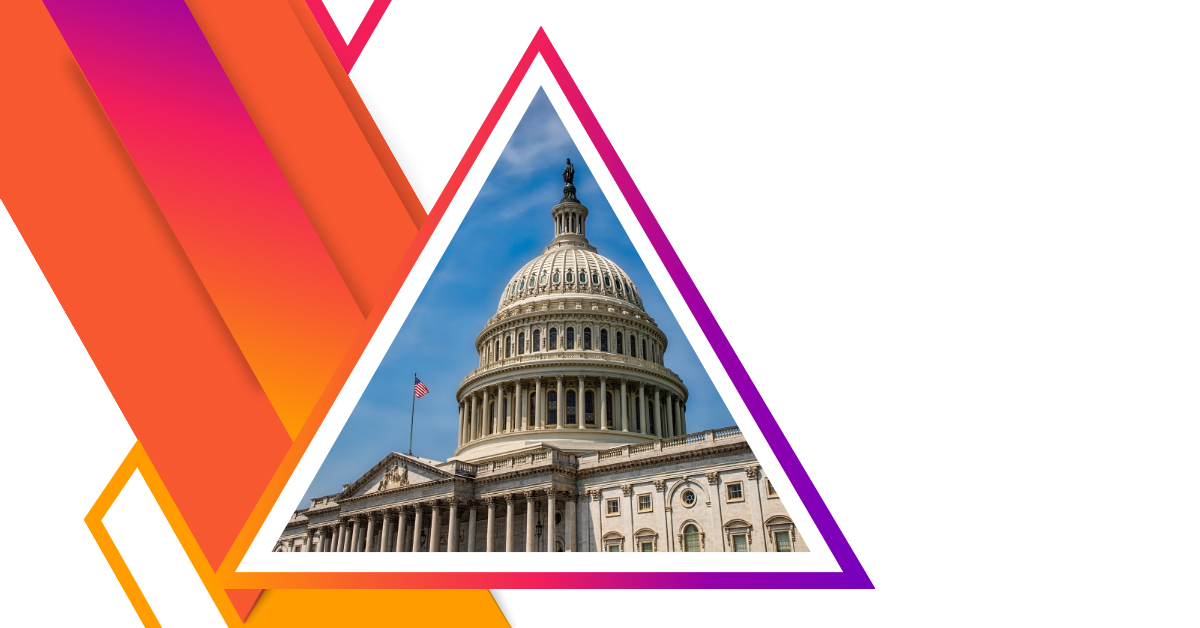
On August 19 and 20, AAI members from Alabama, Florida, Kansas, and Louisiana joined AAI government affairs staff for meetings with the Congressional delegations from each of these states to advocate for increased funding for biomedical research in fiscal year (FY) 2026. With 17 members participating, AAI held a total of 11 meetings across these four states, and several more are scheduled in the coming weeks.
AAI is delighted that many first-time advocates and early career scientists participated in these virtual meetings. In order to ensure that all participants were confident and well prepared, AAI held a virtual training session the week prior to the event.
Participants in the Virtual Hill Day events had the opportunity to meet with staff from the offices of many key Members of Congress, including Senator Bill Cassidy (R-LA) who chairs the Senate Health, Education, Labor, and Pensions Committee (which oversees NIH policy) and Senators Katie Britt (R-AL) and John Kennedy (R-LA), both of whom sit on the Senate Labor, Health and Human Services, Education, and Related Agencies Subcommittee (which oversees NIH funding).
The AAI member participants spoke passionately about their own research and the broader importance of federal investment in immunological research. They also spoke extensively about the remarkable direct and indirect impact that NIH funding has on these states.
Funding Recommendations Communicated
In each office, participants communicated AAI’s funding recommendations for FY 2026:
- Provide at least $51.3 billion for the National Institutes of Health.
- Within this amount, include at least $7.29 billion for the National Institute of Allergy and Infectious Diseases.
- Provide at least $1.7 billion for the Advanced Research Projects Agency for Health (ARPA-H).
- Preserve language in the appropriations bill that prevents the Administration from making immediate changes to already-negotiated indirect costs rates.
The AAI recommendations were generally very well received. Congressional staff were engaged and generous with their time and asked many questions. Many cautioned that the $48.7 billion NIH funding level approved by the Senate Appropriations Committee last month may be the high-water mark for NIH funding for FY 2026. Participants expressed deep thanks to those who voted for that bill, as it represented a sharp bipartisan rejection of President Trump’s proposal to cut the NIH budget by more than $18 billion.




